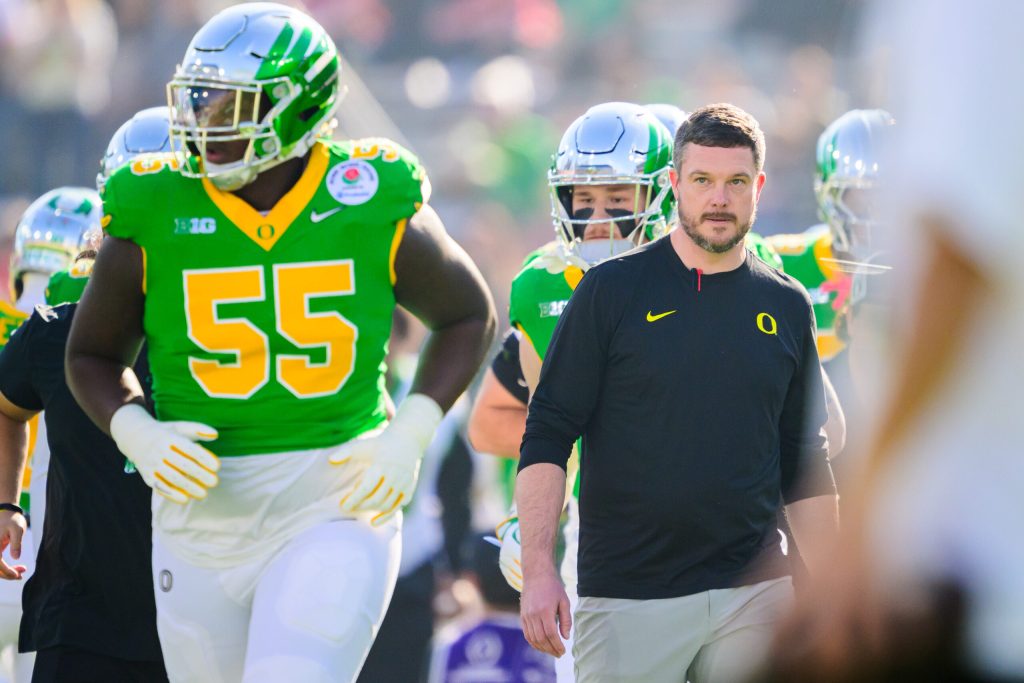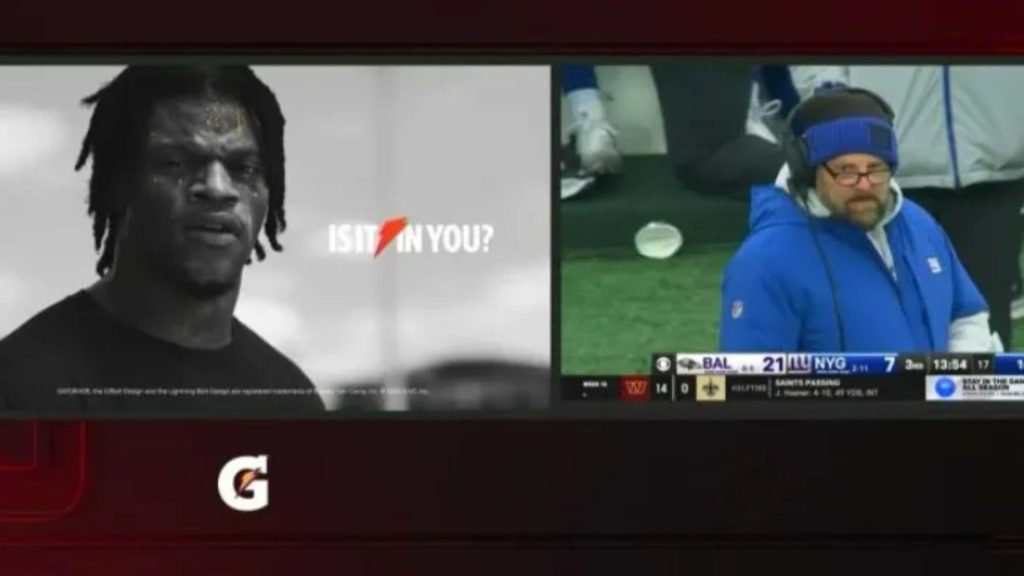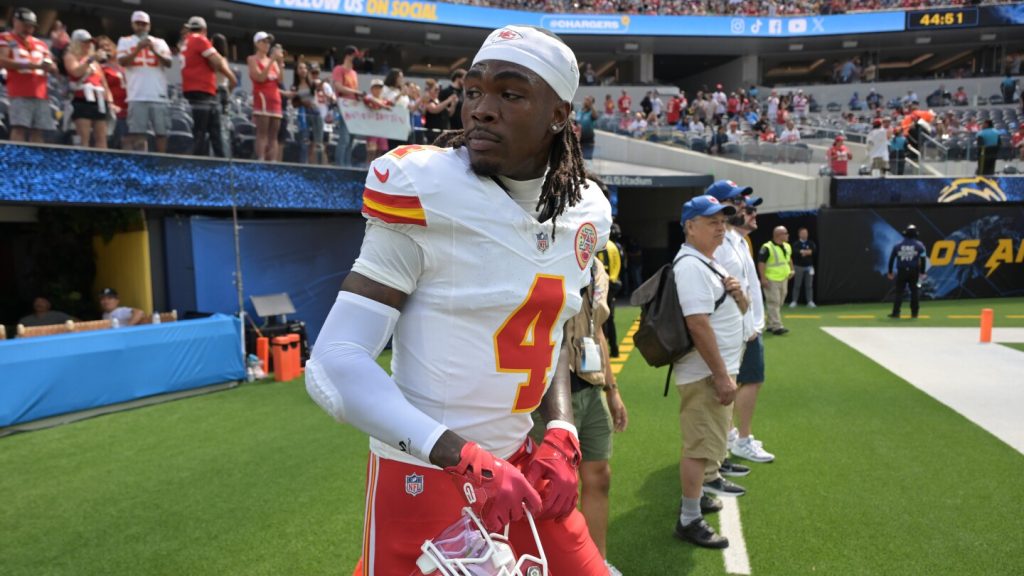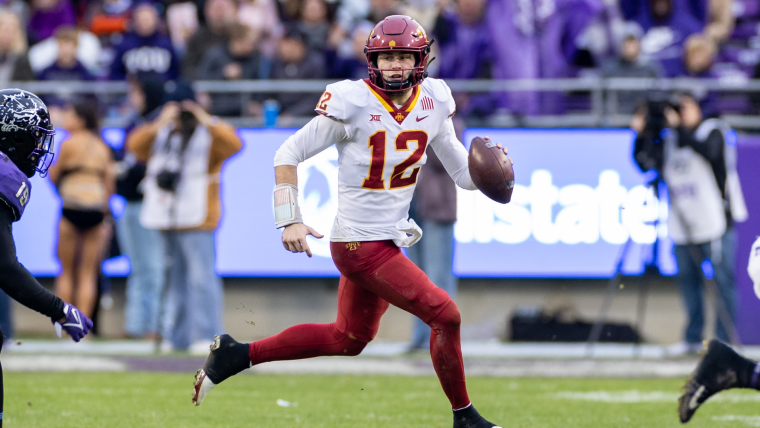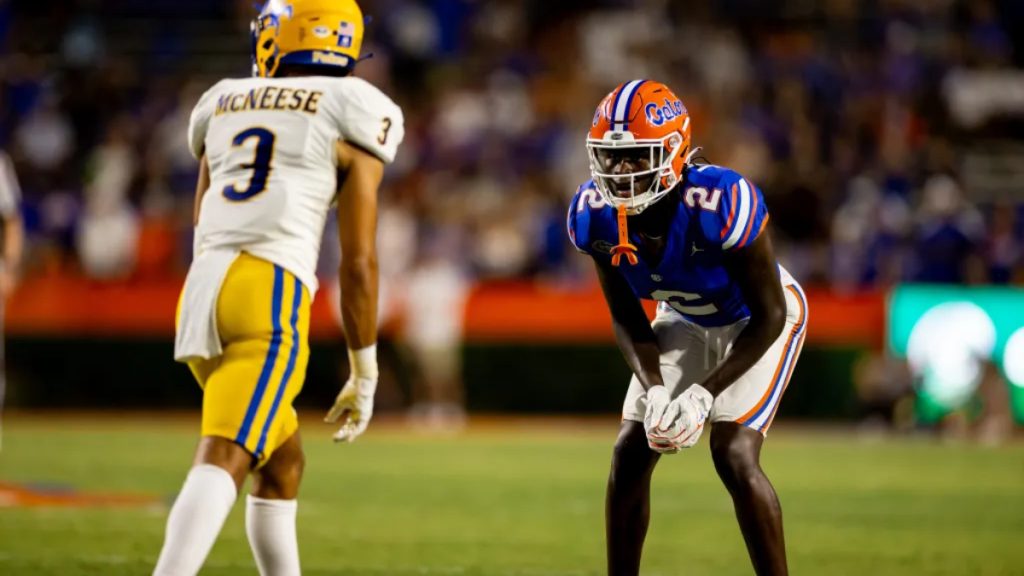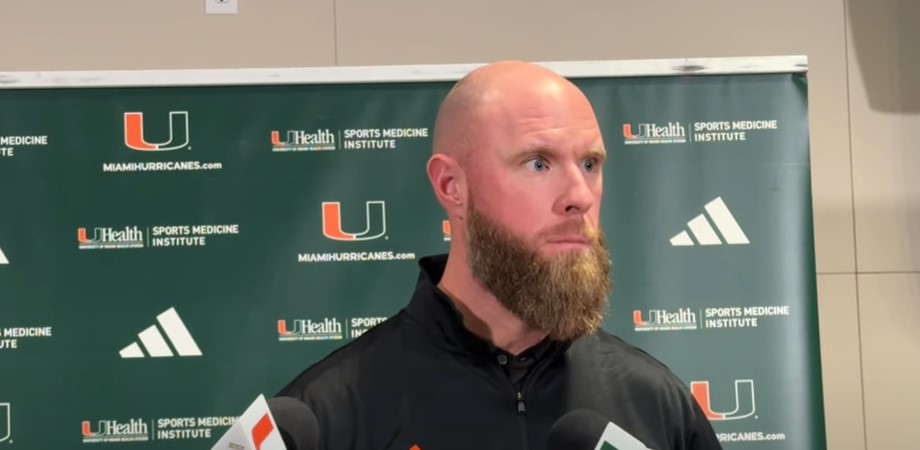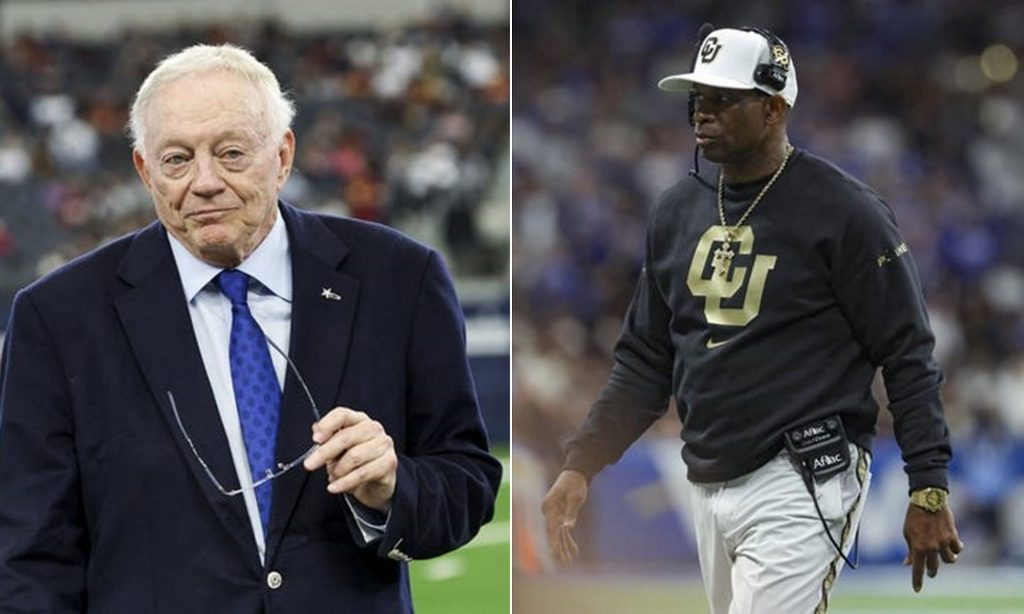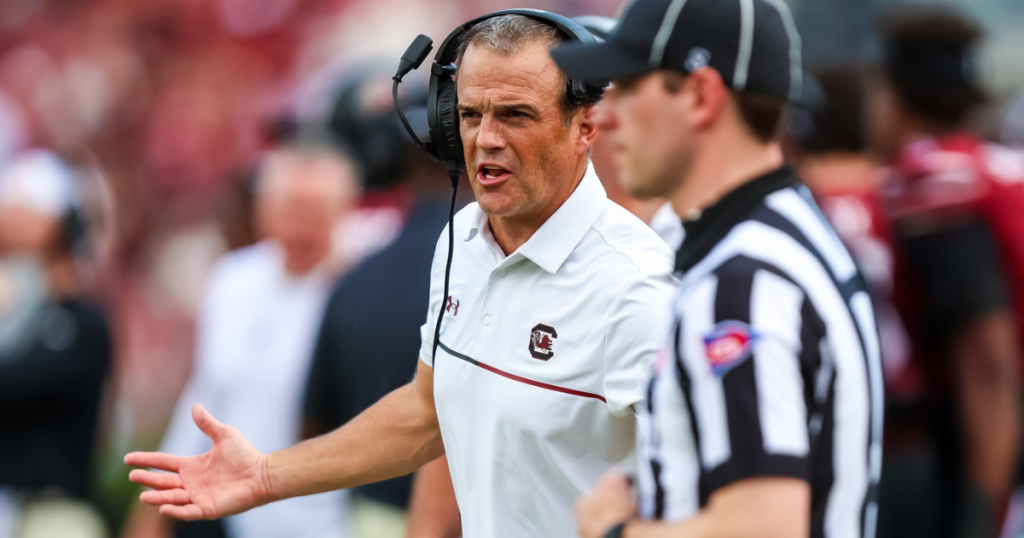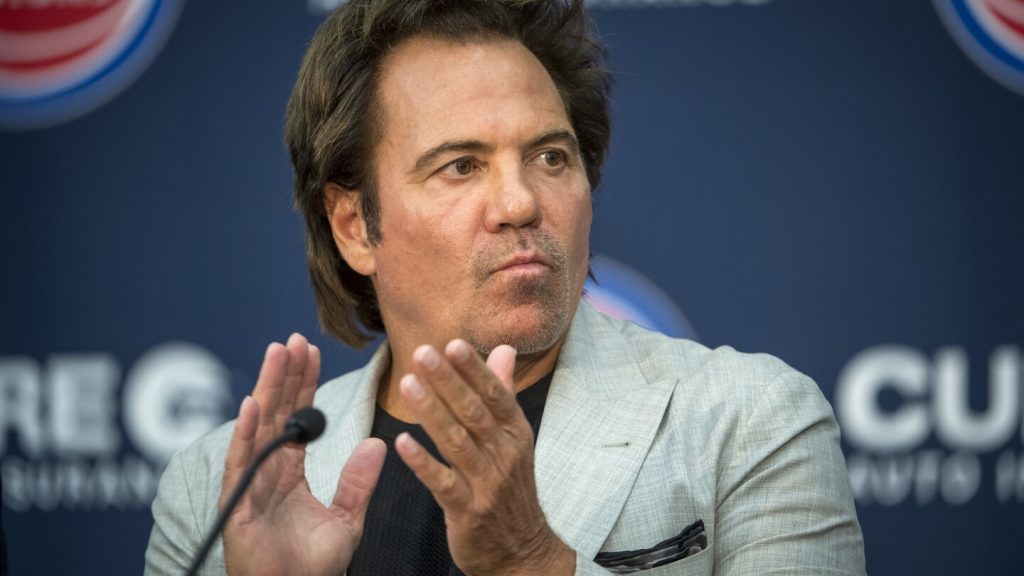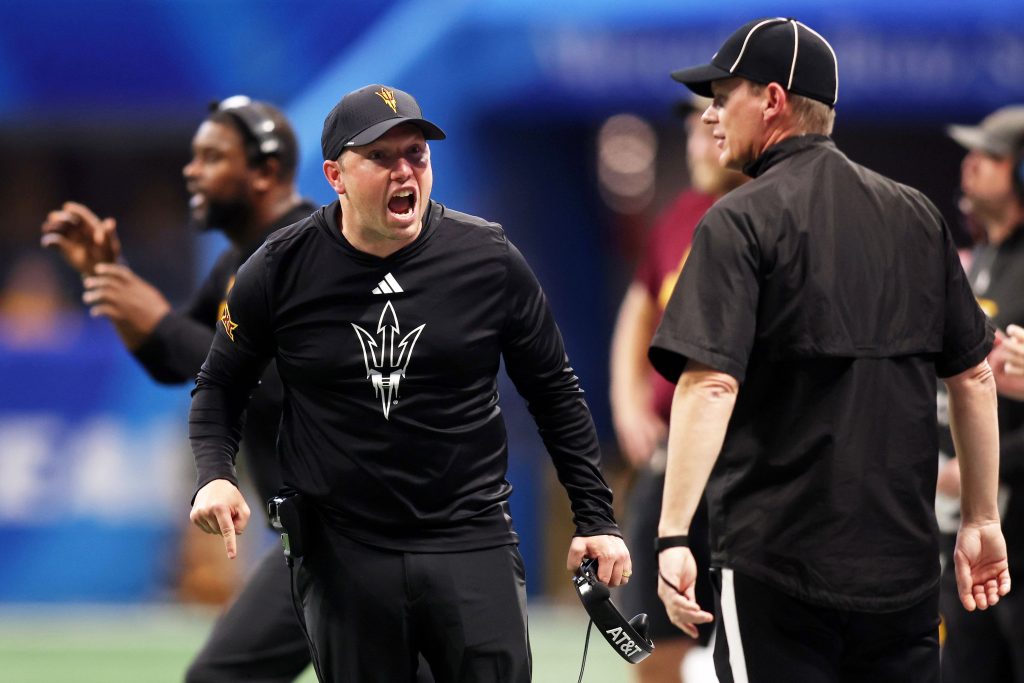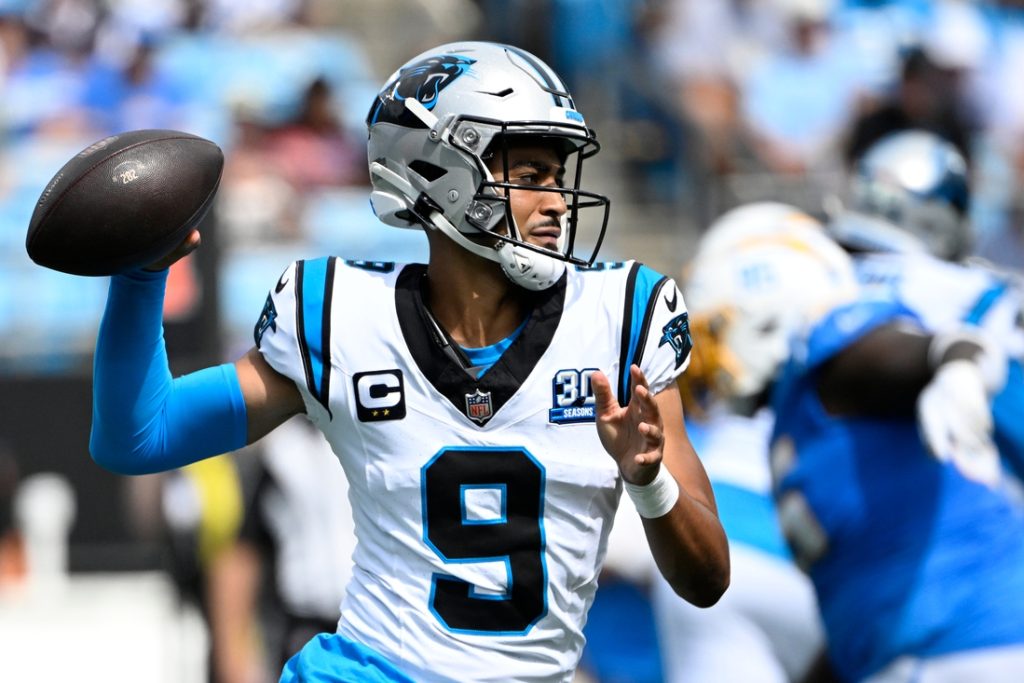The anticipation for the final football game of the 2024 season reaches a fever pitch this Sunday. As fans prepare to dive into the offseason, many questions linger in the air, particularly about the future of college football and the NFL.
First-Time Champions: College Football vs. NFL
From Justin:
Which will come first, a first-time Super Bowl winner or a first-time college football champion?
While the NFL may not see a new Super Bowl champion this year—thanks to the Eagles’ lone title in 2017 and the Chiefs’ impressive three wins (2019, 2022, 2023)—the college football landscape is a different story. The last program to join the ranks of national title winners was Florida in 1996. Since then, teams like Virginia Tech (1999) and Oregon (2010) have come close, but both fell short against Florida State and Auburn, respectively. The question remains: when will we see a new face in the college football championship club?
In the NFL, 12 out of 32 teams—such as the Bengals, Bills, and Chargers—are still searching for their first Super Bowl victory. The league’s structure, including its collective bargaining agreement, salary cap, and draft system, fosters a level of parity that is often absent in college football. As long as a team has a capable quarterback, they stand a chance. The Bills boast Josh Allen, while the Bengals have Joe Burrow, both of whom are poised to lead their teams to glory if the stars align.
The Road to a First-Time National Champion
When it comes to college football, the Ducks have emerged as the frontrunners for a first-time national championship. As the No. 1 seed in this season’s College Football Playoff, Dan Lanning’s squad appears well-equipped for another playoff run in 2025. However, the Ducks will likely face stiff competition from teams with recent championship experience and equally talented rosters.
The landscape of college football is filled with potential contenders, but many programs are still in the early stages of development. Wisconsin has the resources to build a competitive team, yet under Luke Fickell, they have yet to make significant strides in upgrading their roster. Virginia Tech and West Virginia are similarly struggling to find their footing.
Right now, it feels like a race between Oregon, the Bills, and the Bengals to see who can capture their first title. While the NFL teams may have a clearer path, the college football playoff landscape is fraught with challenges. Is Patrick Mahomes in the AFC title game a bigger hurdle than facing Ohio State, Notre Dame, Penn State, Georgia, or Texas in the CFP? The debate continues.
The Financial Landscape of Coaching Salaries
From Dominick:
Is there a cap on what you can pay position coaches in college football?
In the world of college football, there are no restrictions on how much a school can pay an assistant coach. Attempting to impose such a rule would violate federal antitrust law, as seen in a case the NCAA lost in the late 1990s. The trend of offering exorbitant salaries to assistant coaches is not only established but continues to grow. Last year, five defensive line coaches earned over $1 million annually, with another six making between $650,000 and $1 million.
Some schools may prefer to elevate an assistant’s title before approving a raise, which has led to some amusingly inflated job titles. For instance, Florida’s recently hired inside linebackers coach Robert Bala and safeties coach Vinnie Sunseri both hold the title of co-defensive coordinator, despite neither being the actual coordinator. The true defensive play-caller is Ron Roberts, whose title of executive head coach sounds more impressive than that of head coach Billy Napier.
Meanwhile, Russ Callaway is expected to receive the title of offensive coordinator, although he, like Rob Sale, is not the one calling plays. That responsibility falls to Napier, who might as well change his title to something even more grandiose to reflect his role.
Georgia Bulldogs: A Shift in Perception
From David:
Why does it seem like Georgia and its roster are receiving less respect lately?
Despite projections from analysts like Ari Wasserman and myself indicating that Georgia will make the College Football Playoff in 2025, some fans feel the Bulldogs are not receiving the respect they deserve. We even ranked Kirby Smart as the top coach, which suggests a level of acknowledgment.
However, the Bulldogs seem to lack the standout players that defined their national championship teams in 2021 and 2022. There isn’t a clear Jalen Carter or Brock Bowers on the roster right now, but that doesn’t mean the talent isn’t there. Players like safety K.J. Bolden and linebackers C.J. Allen and Raylen Wilson are set to make significant impacts in the coming seasons.
The discourse surrounding Georgia may not stem from a lack of respect but rather from a scarcity of recognizable names. As the Bulldogs continue to develop their talent, it will be fascinating to see how they adapt and potentially reclaim their status as a powerhouse in college football.
A Random Ranking
In a lighter vein, let’s take a moment to rank some unintentional villains from TV and movies—characters who, despite being presented as good, ended up causing chaos for the protagonists.
1. Jenny, Forrest Gump
2. Ferris Bueller, Ferris Bueller’s Day Off
3. Daniel Hillard/Euphegenia Doubtfire, Mrs. Doubtfire
4. Worm, Rounders
5. Jim Halpert, The Office
6. Grandpa Joe, Charlie and The Chocolate Factory
7. Ross Geller, Friends
8. Carrie Bradshaw, Sex and the City
9. Glinda, The Wizard of Oz (her villainy is more overt in Wicked)
10. Elsa, Frozen
As the offseason looms, the excitement for the next chapter in college football remains palpable. Whether it’s the quest for a first-time champion or the ever-evolving coaching landscape, one thing is certain: the passion for the game will never fade.

